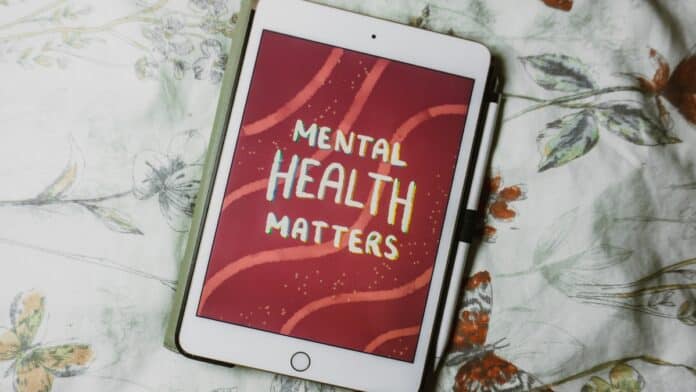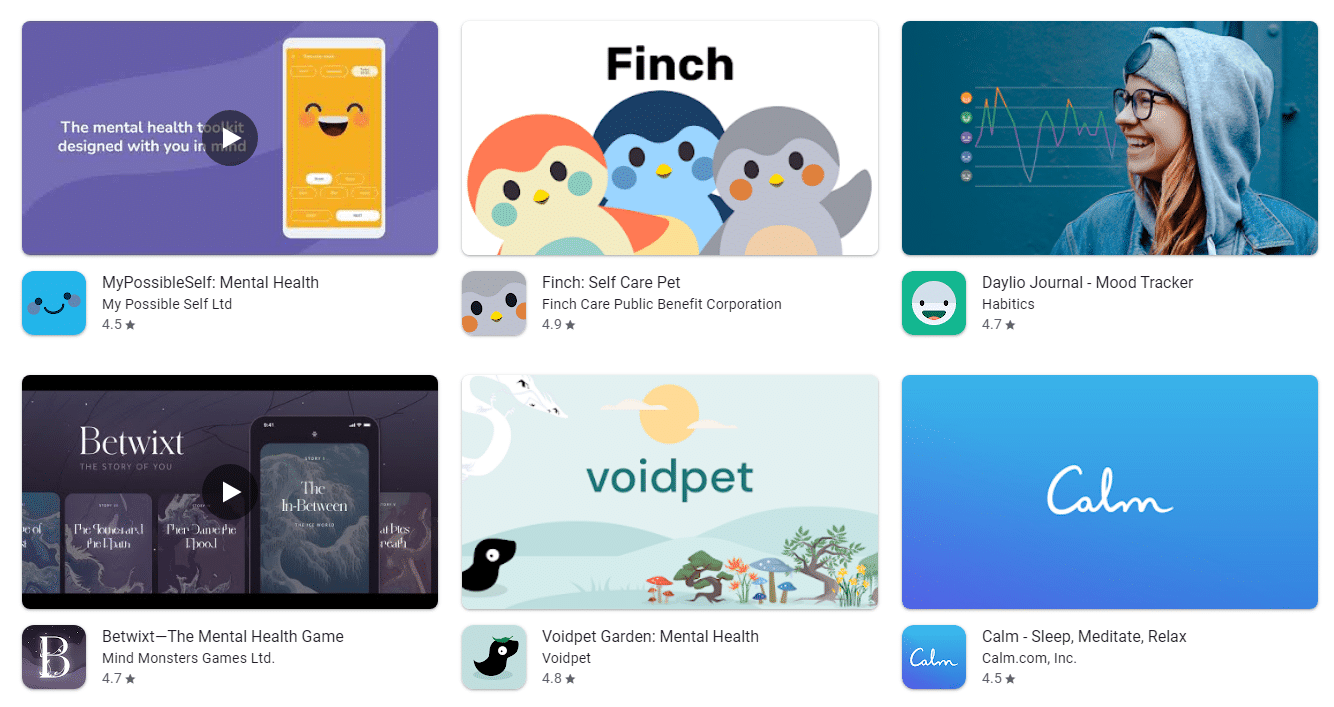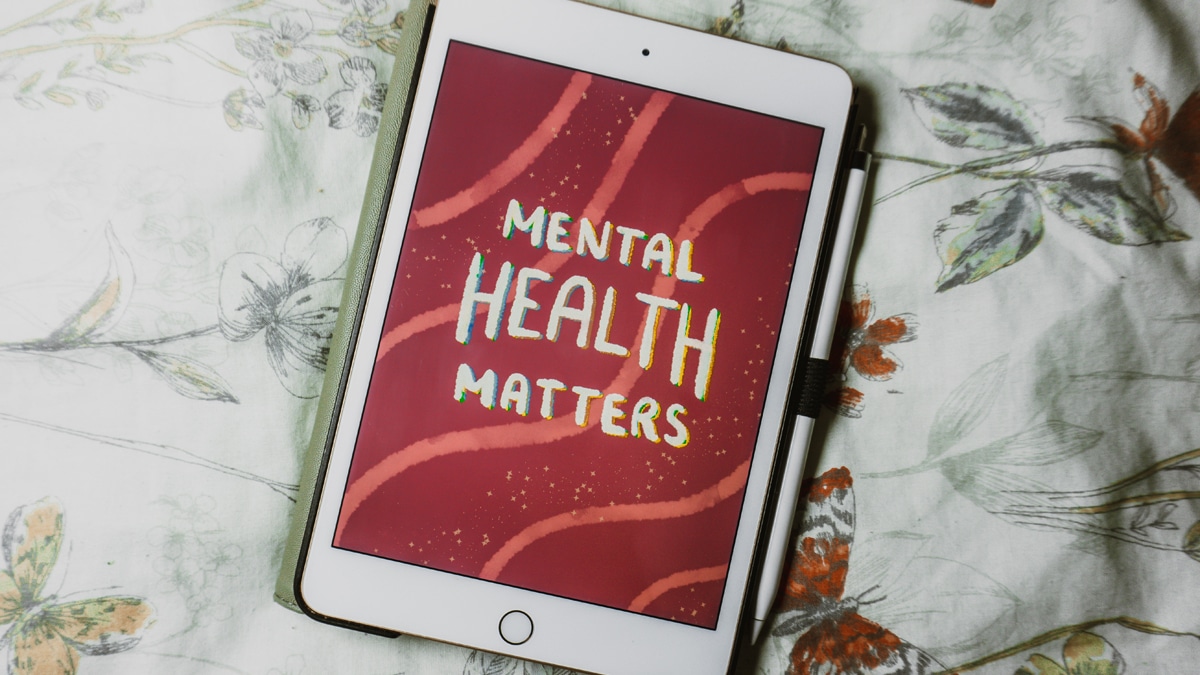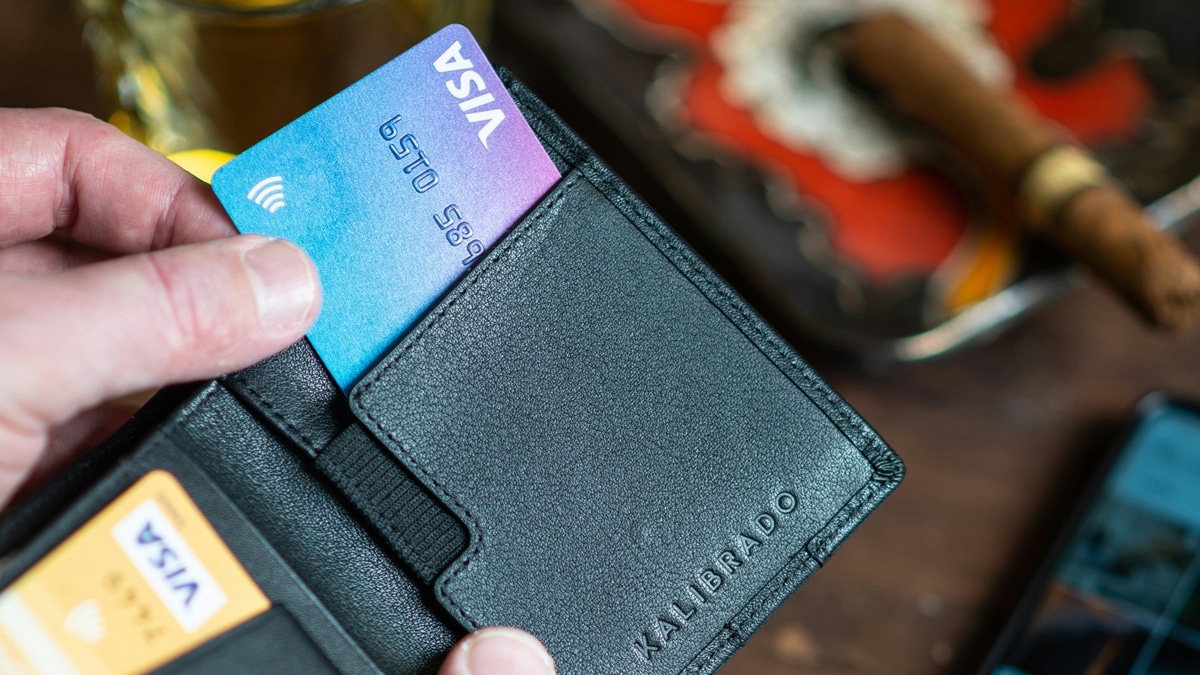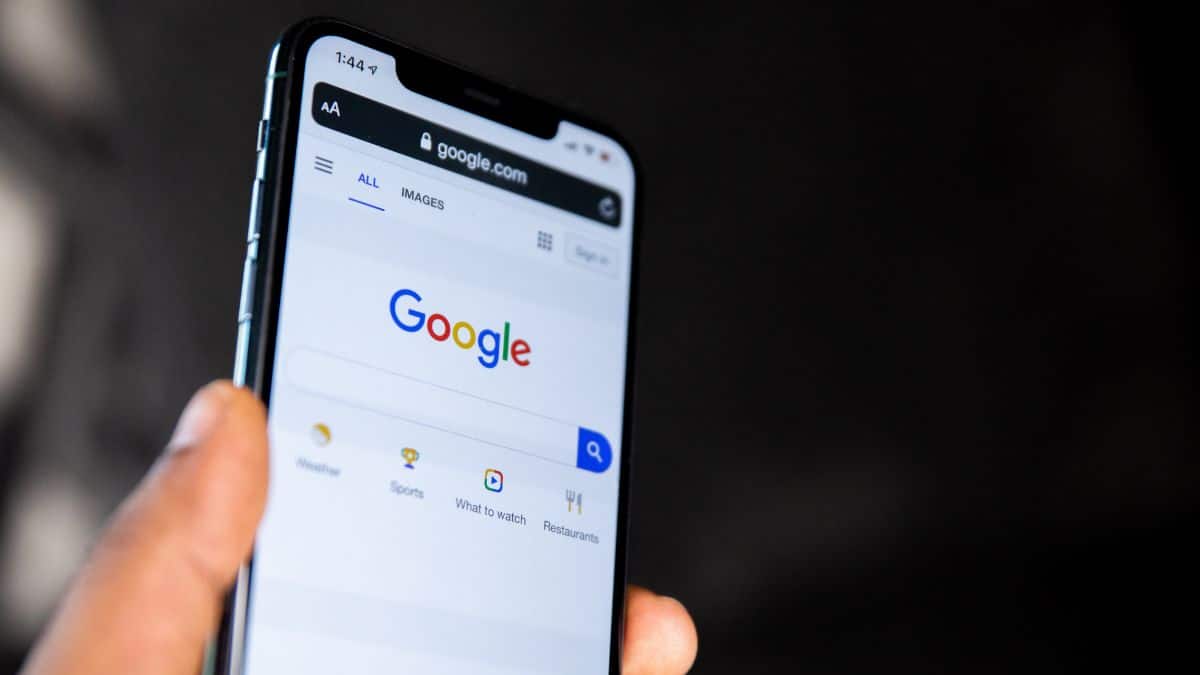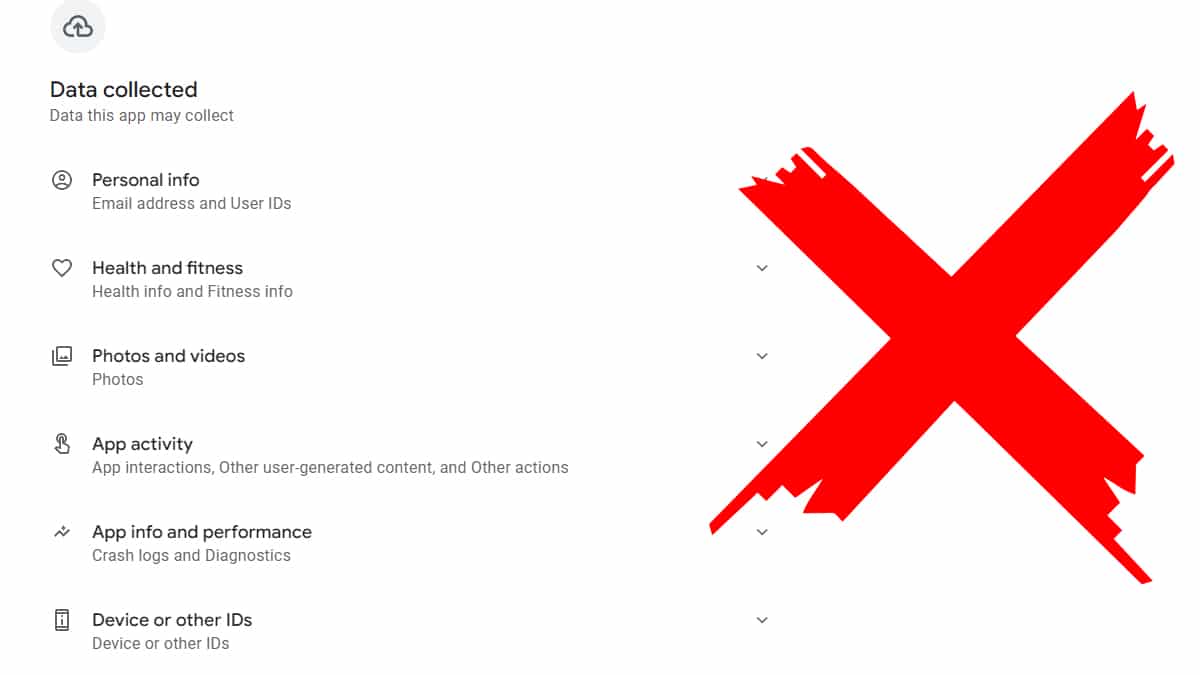In the past few years, mental health apps have witnessed massive growth thanks to their potential to fix a multitude of mental health-related problems.
That said, they are not the best when it comes to managing and securing highly sensitive personal data.
Mental health apps with millions of downloads have been found guilty of selling, misusing, and leaking sensitive data of their users.
In this article, we have shared everything you need to know about the countless privacy concerns associated with mental health apps.
Let’s see if you can trust any mainstream mental health app or if they are all the same.
Table Of Contents
What Are Mental Health Apps?
The name says it all, mental health apps offer tools, activities, and support to help cure serious problems like anxiety, depression, ADHD, Bipolar Disorder, substance abuse, and many more.
While mental health apps can’t replace an actual doctor, they have been found to be quite effective in multiple instances.
On the surface, mental health apps seem to be quite useful for the well-being of users, but you will be surprised to know that the research from Private Internet Access revealed that many mainstream apps fail to protect the privacy and security of their users.
Let’s get into details and discuss all of the problems associated with mental health apps and see how they have become the biggest data-harvesting machines.
Are Mental Health Apps Spying on You?
Unlike other mainstream apps, mental health apps require substantially more information about their users for the app to function properly.
This includes information like name, phone number, email address, date of birth, demographic information, associated health information, health insurance, self-assessment responses, and much more.
Clearly, all of the aforementioned information is quite personal and valuable. As a matter of fact, all of this information in the wrong hands can end up being disastrous in many different ways.
Sadly, mental health apps have been accused and found guilty of misusing the private information of users. By using difficult-to-understand terminology in their privacy policies, the majority of apps still continue to exploit their users.
The valuable information is being used for targeted advertising, mental manipulations, and many other unlawful activities. Some apps have also been found guilty of selling your data to third-party services.
In a nutshell, mental health apps are definitely spying on you and using your data to further improve their profits.
Major Privacy Concerns Associated With Mental Health Apps
In this section, we have highlighted some of the most crucial privacy concerns associated with mental health apps.
1. Data Breaches
Data is one of the most valuable assets in the 21st century. Mental health apps collect a considerable amount of personal, financial, and activity data of their users.
In case of a data breach, a mental health app can put some of the most confidential information like your social security number at risk. This can further create many new problems.
According to CNN, Cerebral, an app with well over 100,000 Google Play Downloads, recently suffered a massive data breach exposing people’s sensitive medical information to third parties without the patient’s permission.
2. Misuse Or Long-Term Storage Of Personal Information
A majority of mainstream Mental Health Apps don’t disclose how long they store your data for or how secure their storage servers are.
Storing a person’s data for multiple years even after they have stopped using a service drastically increases the chances of data being compromised in a leak or a breach.
Furthermore, data can be misused by a third party in case the original company is shut down or sold to someone else.
3. Emotional Manipulation And Personalized Ads
Due to the amount of sensitive and personal data that Mental Health Apps collect they are capable of serving some of the best personalized advertisements.
In addition to doing this themselves, Mental Health Apps can also sell your valuable data to partners and advertisers like Facebook and Snapchat to earn even more money.
Mental health apps also offer cures for problems like anxiety, depression, ADHD, Bipolar Disorder, eating disorders, and substance abuse.
Consequently, they have access to detailed insights into your mental state which can help manipulate political opinions, eating preferences, travel choices, and much more.
How To Safely Use Mental Health Apps?
Mental health apps have drastically improved the physical and mental health conditions of countless users and they have made stress management tools quite accessible.
You will be surprised to know that mental health apps had a $5.2 Billion market value in 2022. Clearly, despite the privacy and security flaws associated with mental health apps, they have now become a necessity for many.
Consequently, in this section, we have shared some of the best practices to follow while using Metal Health Apps.
1. Download Apps Through Offical App Stores
Firstly, only download mental health apps from official app stores like the Google PlayStore and Apple’s AppStore.
Every App in these stores generally has to follow strict rules and regulations to be published in the store. Additionally, they are thoroughly checked before being made available in the store.
Side-loading or manually installing mental health apps from third-party app websites can be quite dangerous. So we highly advise our readers, to avoid downloading mental health apps from third-party websites.
2. Avoid Linking Important Accounts, Like Google, Facebook, Or X
While it’s convenient to sign up using a social media account, please avoid doing so for mental health apps.
After linking an account, a mental health app can exchange data as it pleases. It can monitor your activity on social media platforms and serve personalized ads.
So, linking important accounts like your personal Google or Facebook account to a mental health app can be somewhat risky.
3. Opt Out Of Data Collection
While setting up any mainstream mental health app you might be greeted with an option to collect your personal or usage data to further enhance the app in future updates.
Once again we advise our readers to uncheck the data collection prompt. Doing so can help prevent your personal data from leaking during events like a data breach. Additionally, you can also opt out of cookies, ads, and analytics.
For instance, Cerebral, a mental health provider, recently suffered a data breach that affected roughly 3.18 million people who have interacted with the service.
CONCLUSION
Undoubtedly, mental health apps are quite useful and have had countless positive effects on the well-being of millions of users. That said, mental health apps are not up to the mark as far as privacy checkups are concerned.
Consequently, to prevent unwanted usage of your valuable data, only rely on well-reviewed and popular mental health apps. Furthermore, only download, install, and use mental health apps from official app stores like the Google PlayStore and Apple’s AppStore.
Lastly, the privacy and security of users should be the top priority of mental health apps. We hope that, sooner or later, mental health apps become more responsible in handling highly sensitive personal data.
Do share your thoughts and opinions on privacy concerns associated with mental health apps on our socials.
